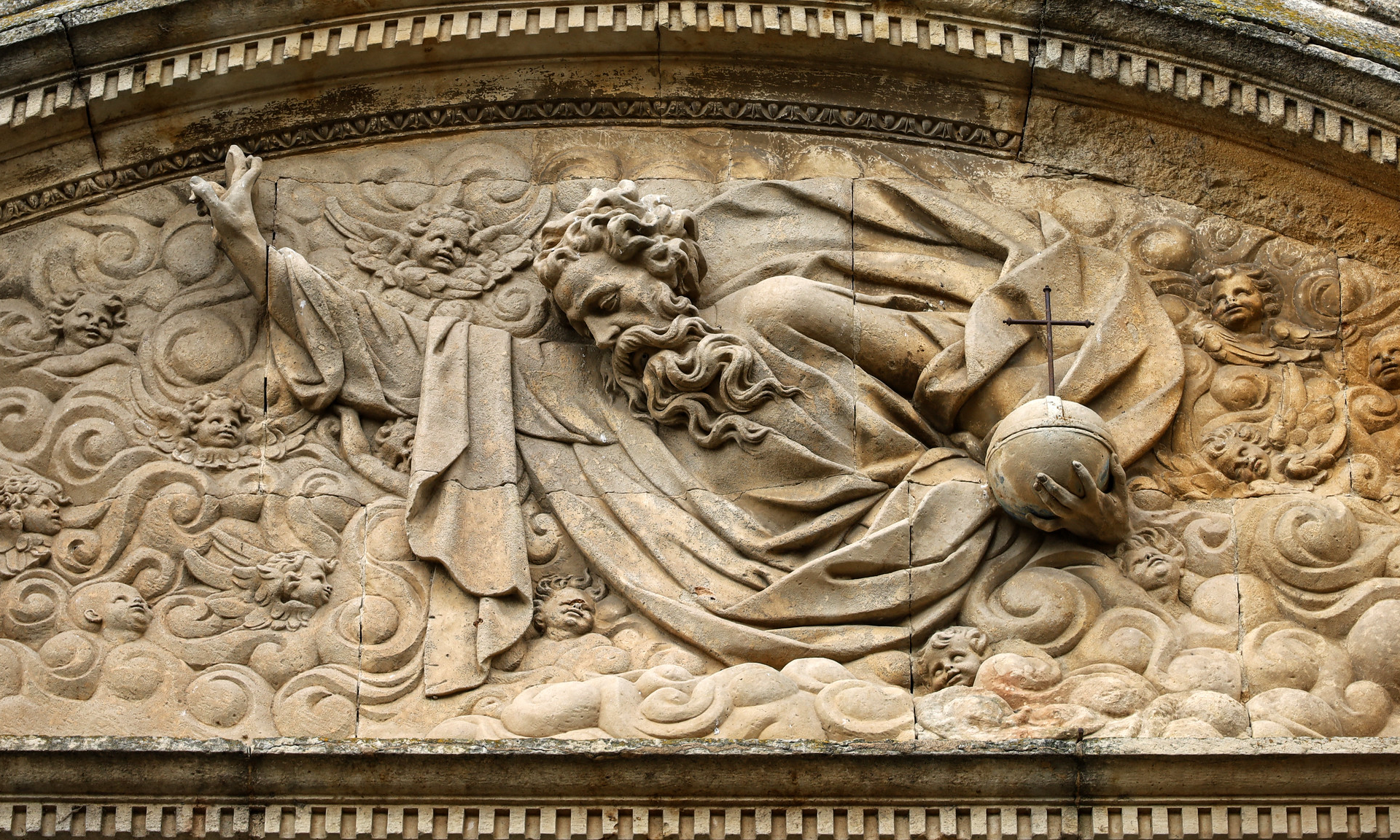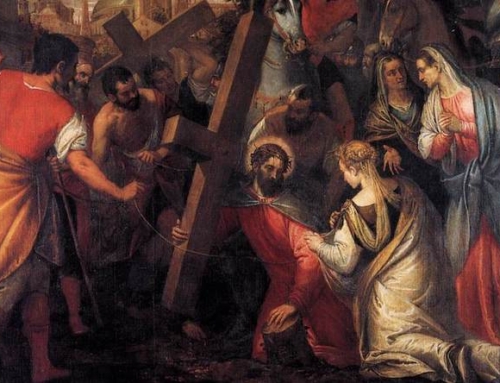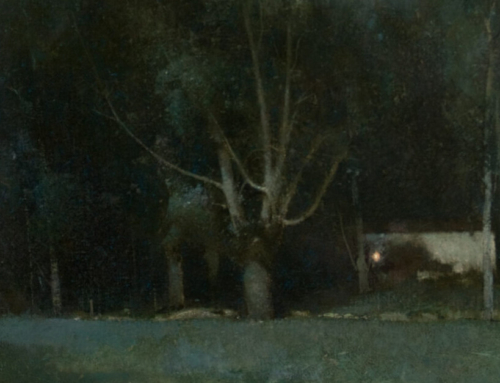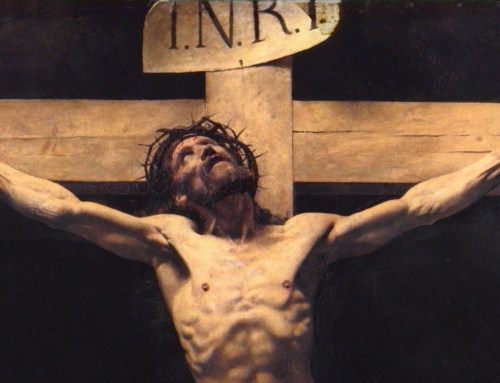2021 Summer Reading Recommendations:
The Order of Things: The Realism of the Principle of Finality, by Reginald Garrigou-Lagrange, O.P.
This past Spring I read The Order of Things: The Realism of the Principle of Finality and found it to be a terrific resource for recapturing the richness of the Catholic intellectual tradition. In this work, which consists of a collection of essays by Fr. Reginald Garrigou-Lagrange, O.P. (the famed twentieth century French Dominican Thomist) translated out of the original French, Garrigou displays both his mastery of Catholic and Thomistic thought and his engagement with the pressing philosophical questions of his day. He uses the principle of finality as the collection’s unifying theme: “Every agent acts for an end.” In other words, absolutely everything that exists works toward some end or goal. Garrigou’s proposes to plumb this principle’s depths and showcase its numerous applications, a task which he ably accomplishes.
To make this work more accessible to the contemporary reader, Matthew Minerd (a professor of philosophy and moral theology at Byzantine Catholic Seminary of Saints Cyril and Methodius in Pittsburgh, PA) provides extensive notes in his translation of the text that unpack and clarify much of the material in Garrigou’s work.
The Order of Things is divided into two parts. The first begins with two dialogues composed in the style of Plato’s dialogues using various ancient Greek philosophical figures as interlocutors. These dialogues form a delightful and broad introduction to the large questions introduced later in the book—such as the relationships between being and becoming and between chance and finality. In the subsequent chapters of the first part, Garrigou examines the principle of finality, considers the ways some have challenged this principle, and explains how this principle should shape how we look at the world.
In the second part of the work, Garrigou’s essays unpack the centrality and application of the principle of finality in numerous philosophical and theological debates.
The variety of issues dealt with in this volume is impressive. Garrigou contends with questions posed by philosophy (e.g. whether chance can be the ultimate explanation of the universe), theology (e.g. conscience formation) and pedagogy (e.g. how to teach the philosophical sciences). Although he contends primarily with his contemporaries, the issues that he faced in his day continue to be important in ours; this gives Garrigou’s book lasting value.
Garrigou’s discussion about conscience formation is one way he shows how important the principle of finality really is. Consider the following: “According to the way that a man is well or poorly disposed (in his will and his sensibility), so does the end seem suitable or not suitable to him.” This is to say: We desire certain things because they appear good to us. But it is our understanding of what is good that shapes our appetites, and our understanding can be mistaken. Thus, if we want to desire what is truly good for us, we must first obtain knowledge and develop virtues that shape our desires. It is by truly learning what is our final end and how everything else relates to that end that we form our consciences rightly. Since only what is truly good can make us truly happy, closing our minds to what is truly good for us will never bring us happiness. Only a properly formed conscience guides us to our true end. Our ultimate end, as Garrigou reminds us, is happiness with God. He writes, “He who loves God with all of his strength is increasingly led to judge that God is truly the Sovereign Good for him.”
In my view, this book is best suited for those who have studied some philosophy already, but wish to consider life’s great questions more deeply under the tutelage of a master. Because this book is a collection of essays, it can either be read piecemeal and enjoyed fruitfully one chapter at a time, or it can be read straight through. Garrigou returns to similar observations and insights across the variety of debates he engages in. By applying the principle of finality to a range of philosophical and theological questions, Fr. Garrigou-Lagrange helps the reader to realize its foundational quality and vital importance.
In brief, for anyone seeking to return to the waters of wisdom in the Catholic intellectual tradition, this work promises a rewarding and illuminating read.
✠
Photo by Fr. Lawrence Lew, O.P. (used with permission)







